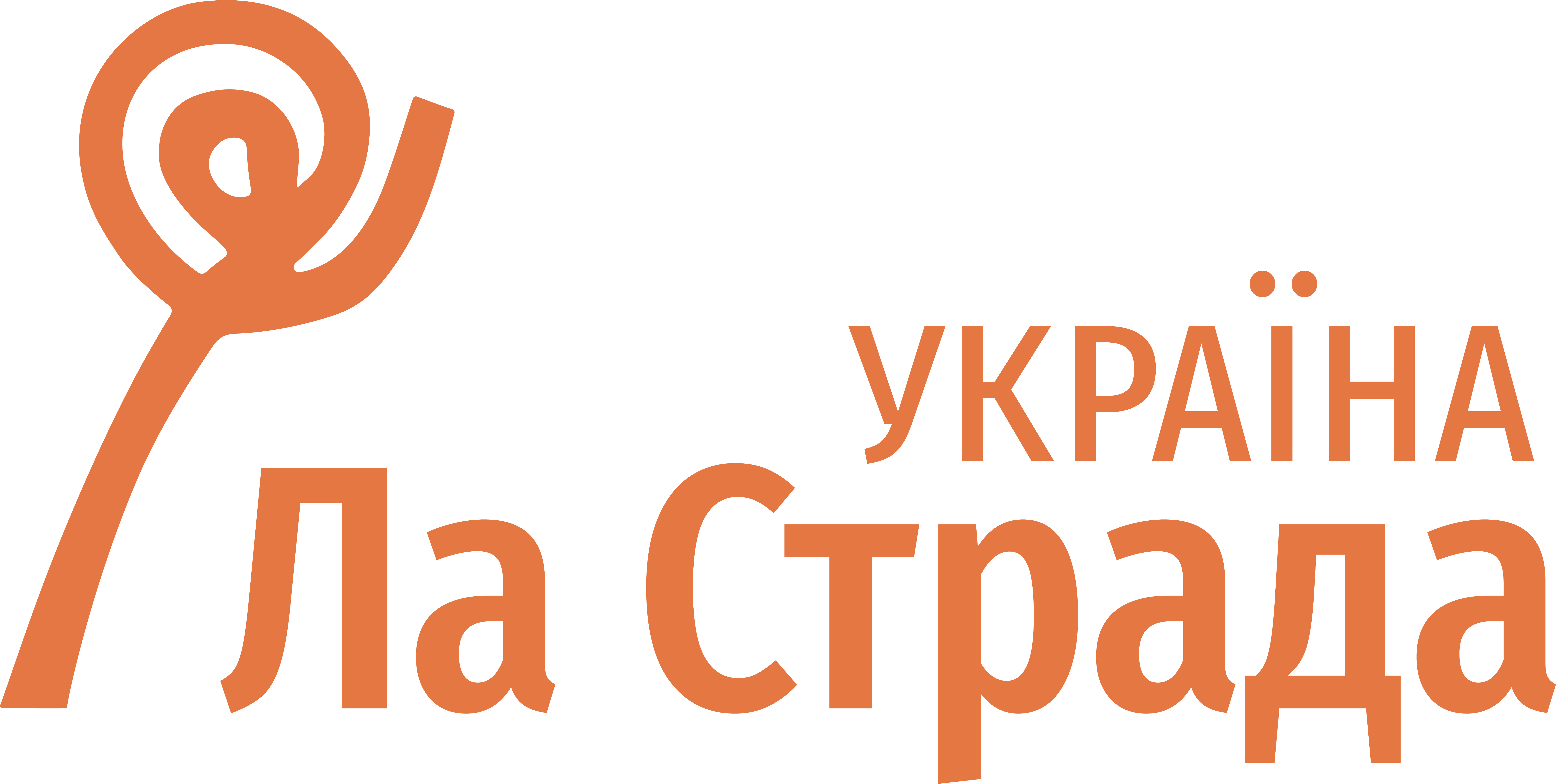Ninth general report on the results of the activities of the Group of Experts of the Council of Europe on Combating Trafficking in Human Beings (GRETA)
The Council of Europe's Group of Experts on Combating Trafficking in Human Beings presented a report on activities covering the period 1 January to 31 December 2019.
At the end of last year, GRETA completed the second round of monitoring the implementation of the Council of Europe Convention on Measures to Combat Trafficking in Human Beings and started a new, third round of evaluation. The report presents conclusions on the implementation of the Convention for a period of 12 years, since its entry into force, based on the reports of the second monitoring round of GRETA.
According to the results of the second round of monitoring, the GRETA Group of Experts pays special attention to measures aimed at children's vulnerability to human trafficking. The analysis shows that most participating countries continue to have serious gaps in the identification and provision of assistance to children affected by human trafficking, and reduced opportunities for appropriate accommodation and placement of such children. Another problematic aspect for many countries is the large number of unaccompanied migrant children who are effectively "invisible" to local institutions.
The report also notes significant shortcomings in the assistance provided to adult victims of human trafficking. Most relief services, including shelters, are designed and intended to serve women victims, especially those who have been victims of sexual exploitation. The number of men affected by human trafficking is increasing, but there is still a lack of initiatives and projects aimed at providing assistance to this category of victims.
Taking into account certain positive changes, protecting the rights of victims and helping them remains a problematic aspect. Because identification is not systematic, a significant number of victims remain undetected. Available statistical data indicate an increasing trend in the number of victims (probably and formally identified).
Other problematic aspects include recovery and decision-making for victims of human trafficking, access to compensation, legal aid, etc. At the same time, the report notes the presence of certain positive developments in these areas, compared to the results of the first round of evaluation. It is also an indication that participating countries are improving their legal and institutional frameworks, policies and practices, taking into account the GRETA recommendations.
Sentencing for the crime of human trafficking remains unsatisfactory. Despite the criminalization of this crime by all countries participating in the Convention, in practice, in most countries, not all forms of exploitation are covered by the punishment, the statistics on sentencing for this crime are quite low, the terms of the punishments imposed are not significant, and confiscation of the property of traffickers is rare. GRETA emphasizes that the impunity of human traffickers and the lack of effective and proportionate sanctions undermine efforts to combat human trafficking and provide victims with access to justice.
Full text of the report: https://bit.ly/3aMGa4u
For Ukraine, the process of the third round of GRETA monitoring should start in February 2021, when the questionnaire should be sent to the country.
Civil society organizations can be actively involved in monitoring processes and their contribution is very important.
We continue to work!

